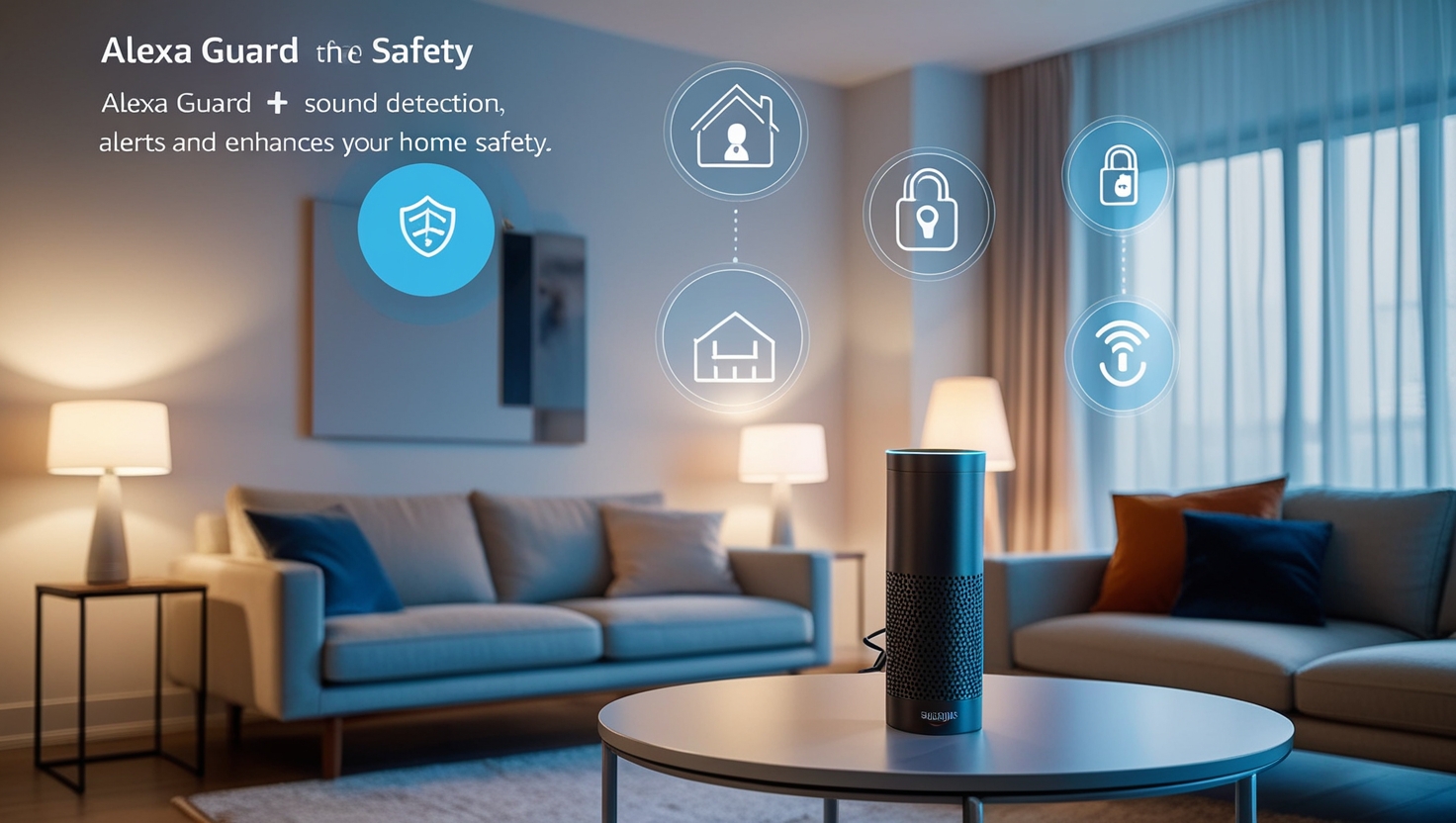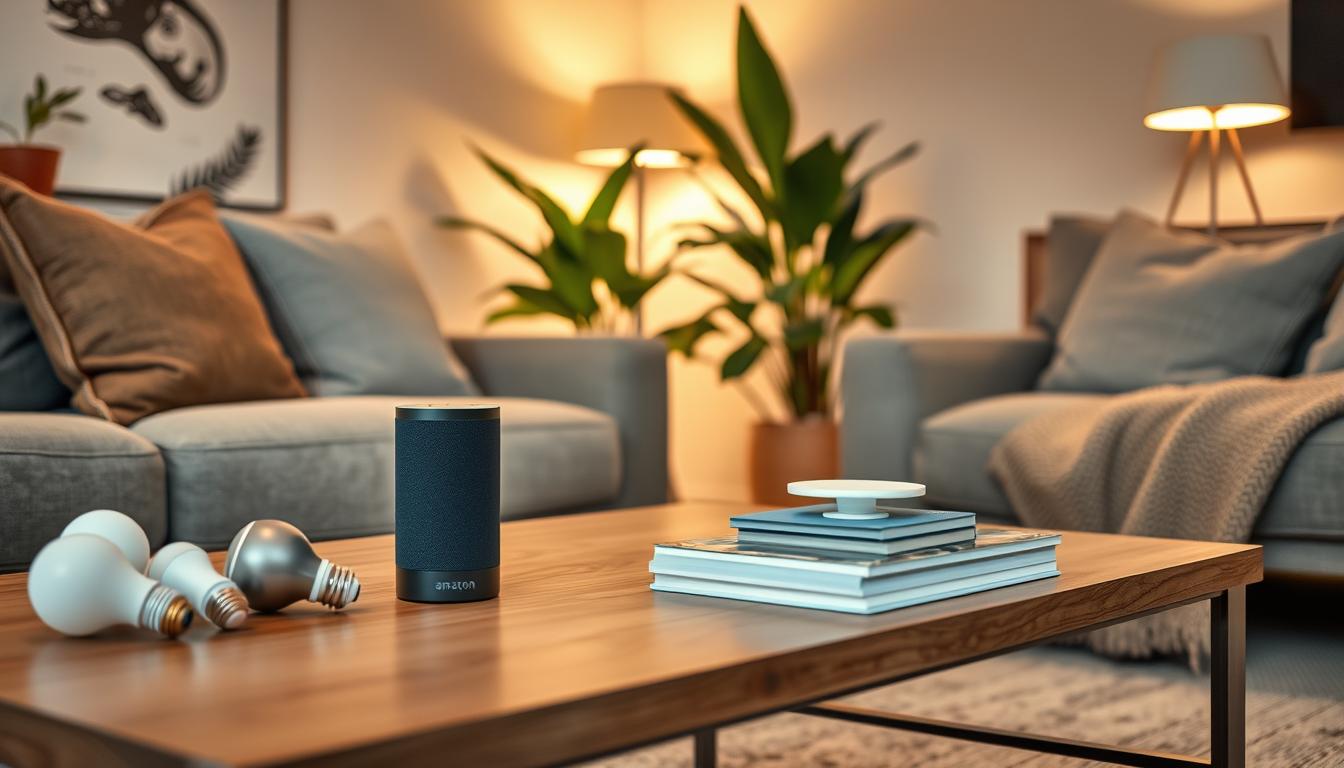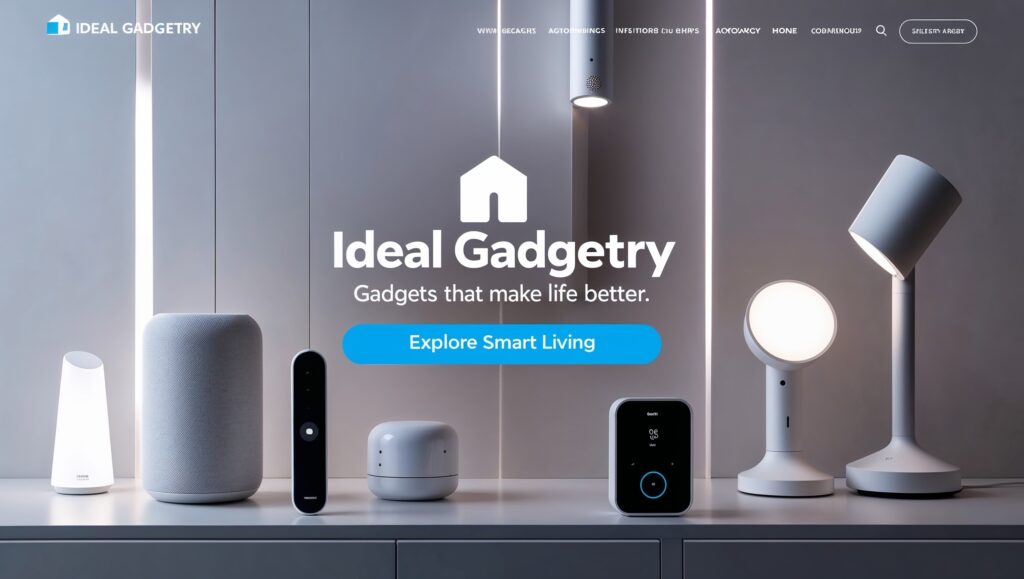Introduction: Your Personal Health Assistant
Imagine having a tiny personal health coach right on your wrist, continuously monitoring your vital signs, analyzing your daily habits, and offering tailored advice to improve your well-being. This isn’t a scene from a futuristic movie; it’s the reality of today’s smart health trackers with AI integration. These wearable devices that track health and fitness metrics with AI-based recommendations are revolutionizing how we approach personal health management.
In this blog post, we’ll explore the exciting world of AI-powered health trackers, their features, benefits, and how they’re changing the landscape of personal healthcare. Whether you’re a fitness enthusiast, health-conscious individual, or someone looking to make positive lifestyle changes, there’s something in this technology for everyone.
The Evolution of Health Trackers
From Step Counters to Smart Health Companions
Remember when fitness trackers were just glorified pedometers? Those days are long gone. The journey of health trackers has been nothing short of remarkable. Let’s take a quick look at how we got here:
1. Basic Step Counters: The first generation of fitness trackers focused primarily on counting steps and estimating calories burned.
2. Heart Rate Monitors: Next came devices that could track heart rate, providing more accurate calorie burn estimates and insight into cardiovascular health.
3. Sleep Trackers: As the importance of sleep became more recognized, trackers began monitoring sleep patterns and quality.
4. Smartwatches: These devices combined health tracking with smartphone-like features, offering a more comprehensive user experience.
5. AI-Integrated Health Trackers: The latest evolution incorporates artificial intelligence to provide personalized insights and recommendations based on collected data.
This progression shows how health trackers have transformed from simple measurement tools to sophisticated health management systems.
Key Features of AI-Powered Health Trackers
More Than Just Numbers
Today’s smart health trackers are packed with features that go far beyond basic step counting. Here’s what makes them stand out:
Comprehensive Health Monitoring
– Heart Rate Variability (HRV): Measures the variation in time between heartbeats, providing insights into stress levels and overall health.
– Blood Oxygen Saturation (SpO2): Monitors oxygen levels in the blood, which can be crucial for detecting respiratory issues.
– ECG (Electrocardiogram): Some advanced trackers can perform basic ECG readings, helpful for identifying irregular heart rhythms.
– Stress Level Tracking: Using a combination of heart rate data and other metrics to estimate stress levels throughout the day.
– Menstrual Cycle Tracking: For women, many devices offer features to track menstrual cycles and predict fertility windows.
Advanced Fitness Metrics
– VO2 Max Estimation: Estimates the maximum rate of oxygen consumption during exercise, a key indicator of cardiovascular fitness.
– Recovery Time Recommendation: Suggests optimal rest periods between workouts based on your activity and physiological data.
– Automatic Workout Detection: Many devices can automatically detect and log different types of exercises without manual input.
Sleep Analysis
Sleep Stages: Tracks different stages of sleep (light, deep, REM) to provide a comprehensive view of sleep quality.
Sleep Score: Assigns a daily score based on various sleep metrics to give an easy-to-understand overview of sleep quality.
AI-Powered Insights and Recommendations
This is where the magic happens. The AI integration in these devices takes all the collected data and turns it into actionable insights:
Personalized Workout Suggestions: Based on your fitness level, goals, and recent activity, the AI can suggest tailored workout routines.
Health Trend Analysis: By analyzing long-term data, the AI can identify trends in your health metrics and alert you to potential issues.
Adaptive Goal Setting: As you progress, the AI adjusts your goals to keep you challenged and motivated.
Nutrition Advice: Some devices integrate with nutrition apps to provide dietary recommendations based on your activity levels and health goals.
The Science Behind AI in Health Trackers
How Does It Actually Work?
Understanding how AI works in these devices can help you appreciate their capabilities and limitations:
1. Data Collection: The device continuously collects various health metrics through its sensors.
2. Data Processing: This raw data is processed and organized into meaningful information.
3. Machine Learning Algorithms: The AI uses machine learning algorithms to analyze this data, comparing it to vast datasets and scientific research.
4. Pattern Recognition: Over time, the AI learns to recognize patterns specific to your body and lifestyle.
5. Predictive Analysis: Based on these patterns and broader health data, the AI can make predictions about your health trends and potential risks.
6. Personalized Recommendations: Finally, the AI generates tailored advice and recommendations to help you improve your health and fitness.
It’s important to note that while these devices are sophisticated, they’re not medical devices. They’re designed to complement, not replace, professional medical advice.
Empowering Your Health Journey
The integration of AI into health trackers offers numerous benefits:
1. Holistic Health View: By combining various health metrics, these devices provide a more comprehensive picture of your overall health.
2. Early Warning System: The continuous monitoring and AI analysis can potentially detect health issues before they become serious problems.
3. Personalized Motivation: AI-generated insights and goals can keep you motivated on your health journey, adapting as your fitness level changes.
4. Improved Sleep Quality: With detailed sleep analysis and recommendations, you can take steps to improve your sleep habits.
5. Stress Management: By tracking stress levels and offering relaxation techniques, these devices can help you manage daily stress more effectively.
6. Data-Driven Decisions: Having access to your health data empowers you to make more informed decisions about your lifestyle and health choices.
7. Convenient Health Tracking: With everything monitored automatically, it’s easier than ever to keep track of your health metrics without manual logging.
Challenges and Considerations
Navigating the Smart Health Tracker Landscape
While AI-integrated health trackers offer impressive capabilities, it’s important to consider some challenges and limitations:
Privacy Concerns
With devices collecting sensitive health data, privacy is a major concern. It’s crucial to understand how your data is stored, used, and protected by the device manufacturer.
Accuracy of Measurements
While generally reliable, these devices may not always be as accurate as medical-grade equipment. Factors like skin tone, tattoos, or how you wear the device can affect readings.
Overreliance on Technology
There’s a risk of becoming too dependent on these devices for health decisions. It’s important to use them as tools to support, not replace, professional medical advice.
Information Overload
With so much data available, some users might feel overwhelmed. It’s important to focus on the metrics that are most relevant to your health goals.
Battery Life and Charging
Advanced features often mean shorter battery life. Consider how often you’re willing to charge your device when choosing a model.
Choosing the Right AI-Powered Health Tracker
Finding Your Perfect Match
With numerous options available, choosing the right device can be daunting. Here are some factors to consider:
1. Health Goals: What are your primary health concerns? Different devices excel in different areas (e.g., heart health, fitness tracking, sleep analysis).
2. Feature Set: Do you need all the advanced features, or would a simpler device suffice?
3. Compatibility: Ensure the device works with your smartphone and other devices you use.
4. Battery Life: Consider how long the device can go between charges and how this fits into your lifestyle.
5. Design and Comfort: Since you’ll be wearing it regularly, choose a device that fits comfortably and matches your style preferences.
6. Budget: AI-integrated health trackers come at various price points. Determine what you’re willing to invest in your health tracking journey.
7. User Interface: Look for a device with an intuitive app and easy-to-understand data presentation.
The Future of AI in Health Tracking
What’s Next on the Horizon?
The field of AI-powered health tracking is rapidly evolving. Here are some exciting developments we might see in the near future:
– More Advanced Sensors: Future devices might include sensors for measuring blood glucose levels, blood pressure, or even detecting specific biomarkers.
– Enhanced AI Capabilities: As AI technology advances, we can expect even more accurate predictions and personalized recommendations.
– Integration with Healthcare Systems: There’s potential for these devices to integrate more closely with healthcare providers, allowing for better remote monitoring and preventive care.
– Emotional Health Tracking: Future devices might be able to track and analyze emotional states, providing support for mental health management.
– Augmented Reality Integration: Imagine seeing your health metrics and exercise guidance overlaid in your field of vision through AR glasses.
Conclusion: Your Personal Health Revolution
Wearable devices that track health and fitness metrics with AI-based recommendations are more than just gadgets; they’re powerful tools for taking control of your health. By providing continuous monitoring, personalized insights, and actionable recommendations, these devices empower you to make informed decisions about your well-being.
As with any technology, it’s important to use these devices wisely. They should complement, not replace, professional medical advice. Used thoughtfully, AI-integrated health trackers can be valuable allies in your journey towards better health, helping you understand your body better and motivating you to make positive lifestyle changes.
Whether you’re just starting your fitness journey or you’re a seasoned health enthusiast, there’s likely an AI-powered health tracker out there that can add value to your life. As this technology continues to evolve, we can look forward to even more innovative ways to monitor and improve our health.
Remember, the most sophisticated health tracker is only as good as the actions you take based on its insights. So, are you ready to embrace the future of personal health management? Your AI health companion awaits!





